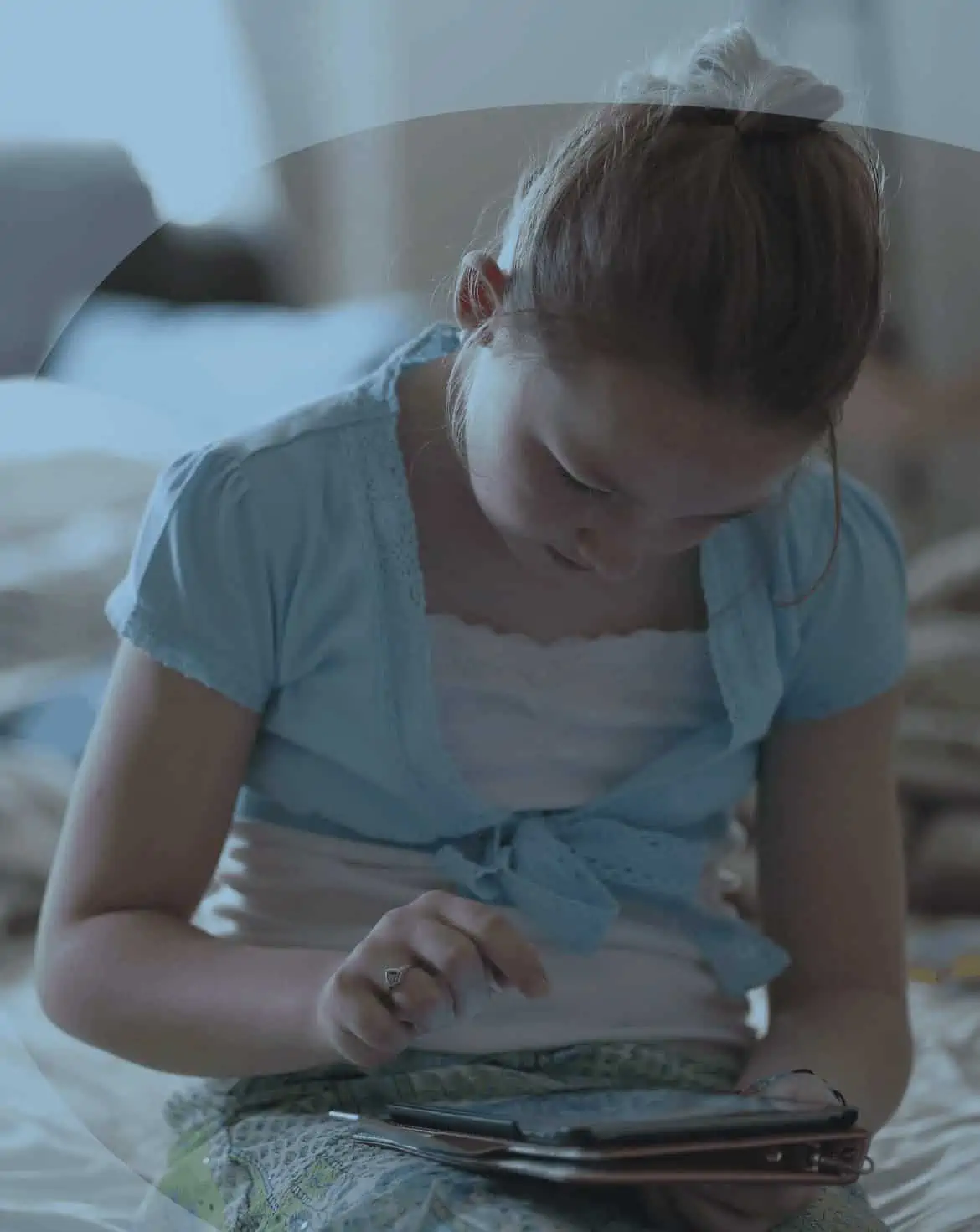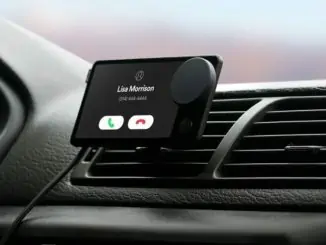
Children’s use of smart speakers doubles in UK amongst children aged 5-15 with smart speakers being more widely used than radio according to a recent report by Ofcom, UK’s communications regulator. Research by Ofcom and published in Children and parents: Media use and attitudes report 2019 provides evidence on media use, attitudes and understanding among children and young people aged 5-15, as well as data about the media access and use of young children aged 3-4. It also includes findings on parents’ views about their children’s media use and how they monitor and limit it.
The report, which also includes research on broadcast and online media, showed that the use of smart speakers among children aged 5-15 has doubled over the last year meaning that for the first time, they’re more widely used than radios.
Of all the devices children aged 5-15 use, however, the smart speaker has seen the largest increase in use from 15% in 2018 to 27% in 2019. Smart speakers have now overtaken radio usage which declined from 26% to 22% over the same period. Access to a radio, however, has remained stable, which suggests that this decrease in use is because children are actively choosing not to use this device.
The older the child, the more likely they are to use a smart speaker with more than a third (36%) of 12-15-year olds using one. Use also varies by socio-economic group; DE households are less likely than ABs to use one (21% v 40%).
Despite these significant increases in use, Ofcom’s qualitative Media Lives research shows that children do not appear to use smart speakers in any sort of structured way. Instead, they are using them for fun or on an ad-hoc basis. For example, Suzy, aged nine, said her mum barely used their Alexa speaker, and that she used it from time to time, either to ‘tell her jokes’ or to help her with one-off questions she had during homework, such as checking the spelling of a word or times tables.
The proportion of children who own their own smartphones or tablets increases with age up until they turn ten when they are more likely to own tablets. However, between the ages of nine and ten, smartphone ownership doubles from 23% to 50% representing an important milestone in children’s digital independence as they prepare to transition to secondary school. At age 15, almost all children own their own smartphones.
Radio was still a valued source of news with radio being considered to be twice as trustworthy (77%) as online. Using radio as a news source increased to 36% (up from 31% in 2018) compared to using search engines which increased to 31% (from 27%).




